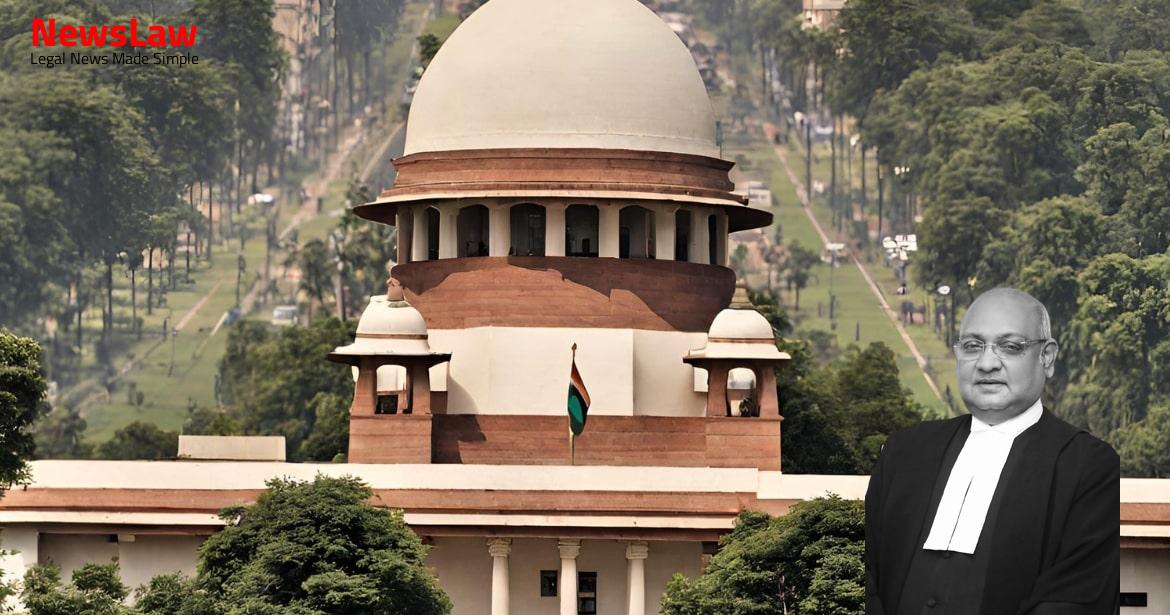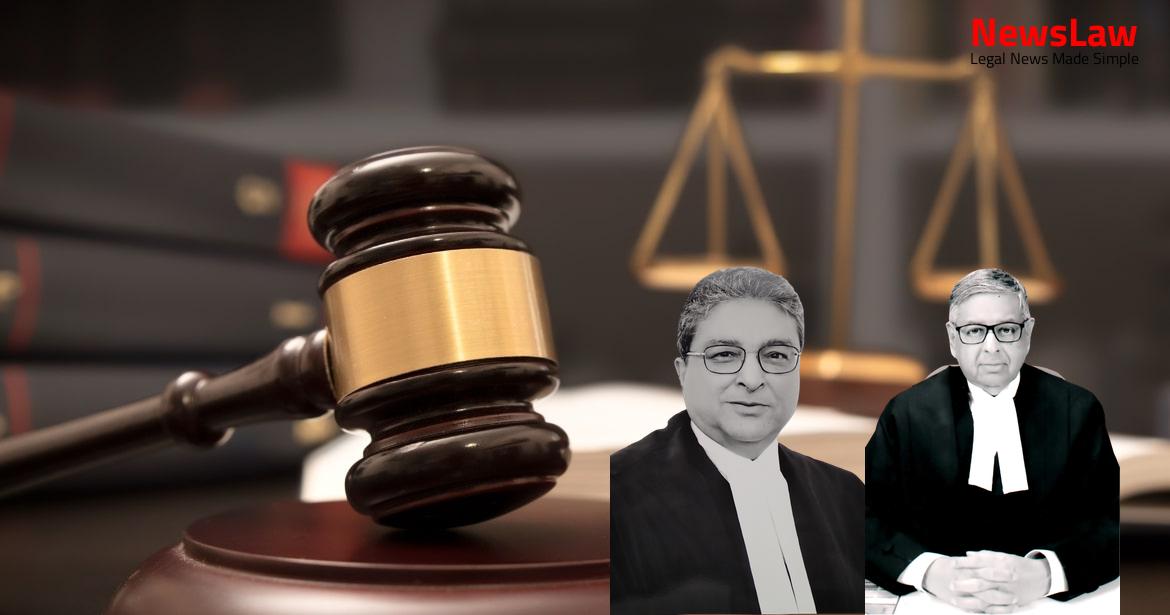In a recent legal case, the court provided a detailed analysis on the application of diplomatic immunity exceptions. The judgment focused on the petitioner’s status as an Ambassador-at-large and the absence of official duty, leading to the conclusion that diplomatic immunity does not apply. This summary explores the court’s in-depth legal analysis on the matter.
Analysis
- The petitioner does not fall within the definition of ‘diplomatic agent’ or any other category of officials mentioned in the Vienna Convention on Diplomatic Relations.
- Communications from the Ministry of External Affairs and the Seychelles Government confirm that the petitioner is an Ambassador-at-large with a diplomatic passport but was not on official duty in India.
- The petitioner is not covered under Article 31 of the Convention but falls within an exception as his activities under investigation are not related to official functions but commercial activities.
- The judgement of the Madras High Court, unchallenged, correctly identifies the petitioner as an Ambassador-at-large, not entitled to diplomatic immunity.
- As the petitioner cannot claim diplomatic immunity, the requested relief to quash criminal cases cannot proceed.
- The petitioner must demonstrate that the impugned provision was ultra vires the Constitution and the law before seeking to read it down.
- The writ petition was filed without annexing a copy of the judgment of the Madras High Court, a relevant document.
- The petitioner annexed a copy of the legal opinion given by a former Judge of the Court in the rejoinder affidavit.
- The petitioner is not entitled to diplomatic immunity, therefore the reliefs claimed in the writ petition cannot be taken forward.
- The first relief claimed by the petitioner is based on an erroneous assumption that the provisions of the Vienna Convention and the Diplomatic Relations (Vienna Convention) Act, 1972 are ultra vires, which has not been established.
- The petitioner’s conduct in pursuing the proceedings before the Court is a matter of serious concern.
Also Read: Legal Analysis: Forfeiture of Properties under the 1976 Act
Decision
- The writ petition is deprecated in strong terms.
- The court orders that the petition be dismissed.
Also Read: Land Acquisition Act Interpretation Case
Case Title: C. SIVASANKARAN Vs. UNION OF INDIA (2021 INSC 833)
Case Number: W.P.(Crl.) No.-000302 / 2019



